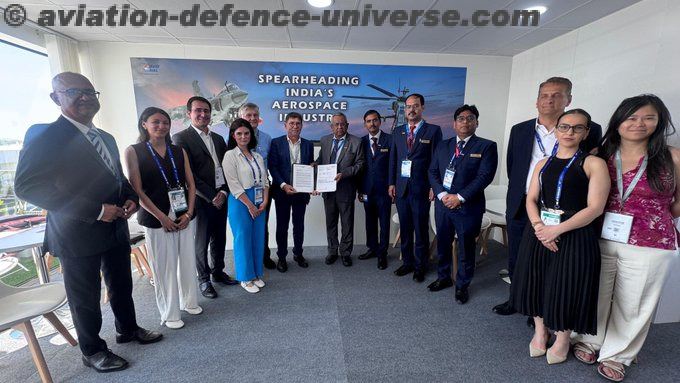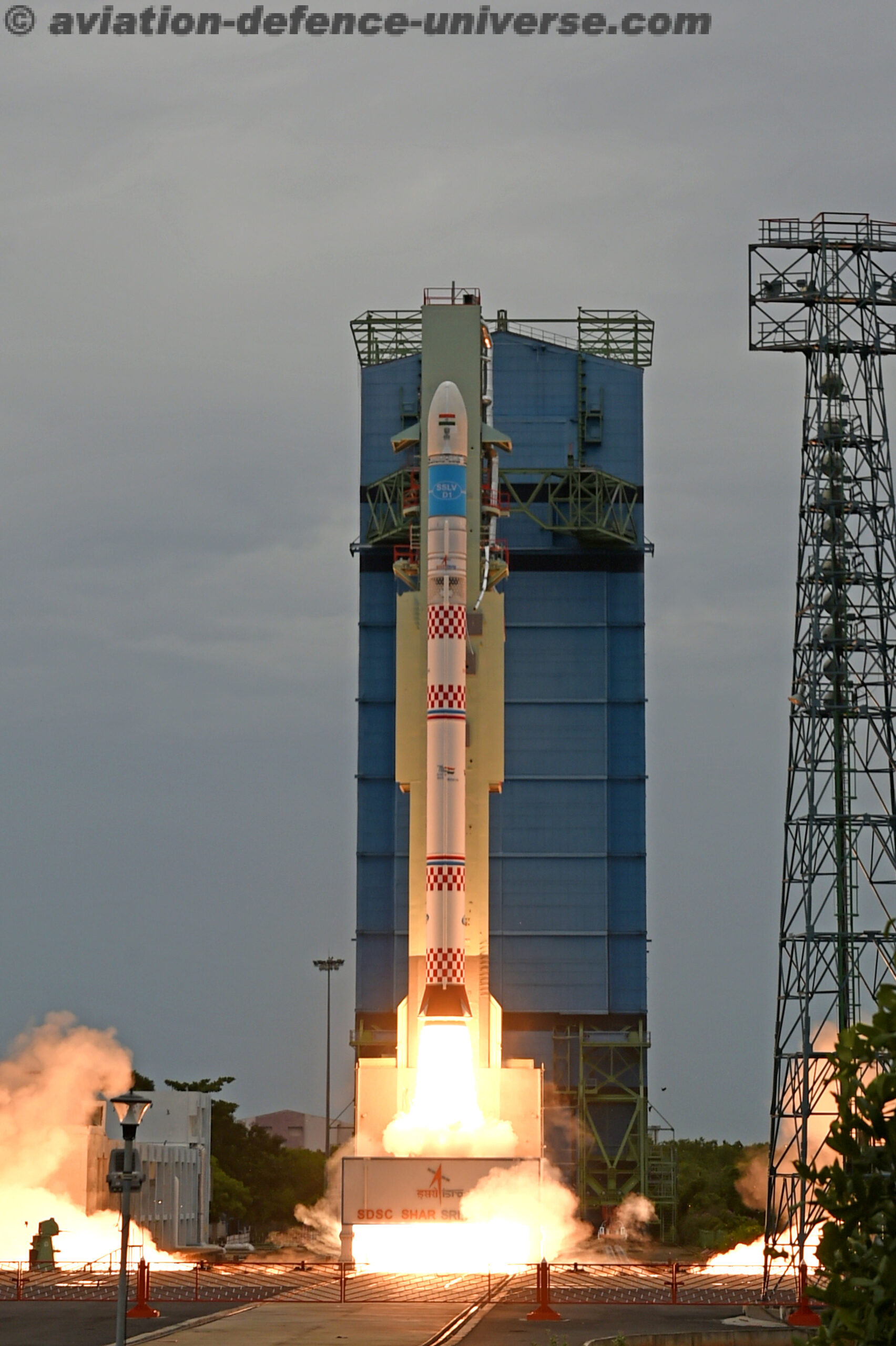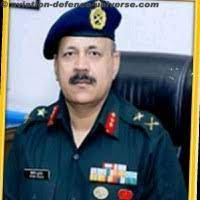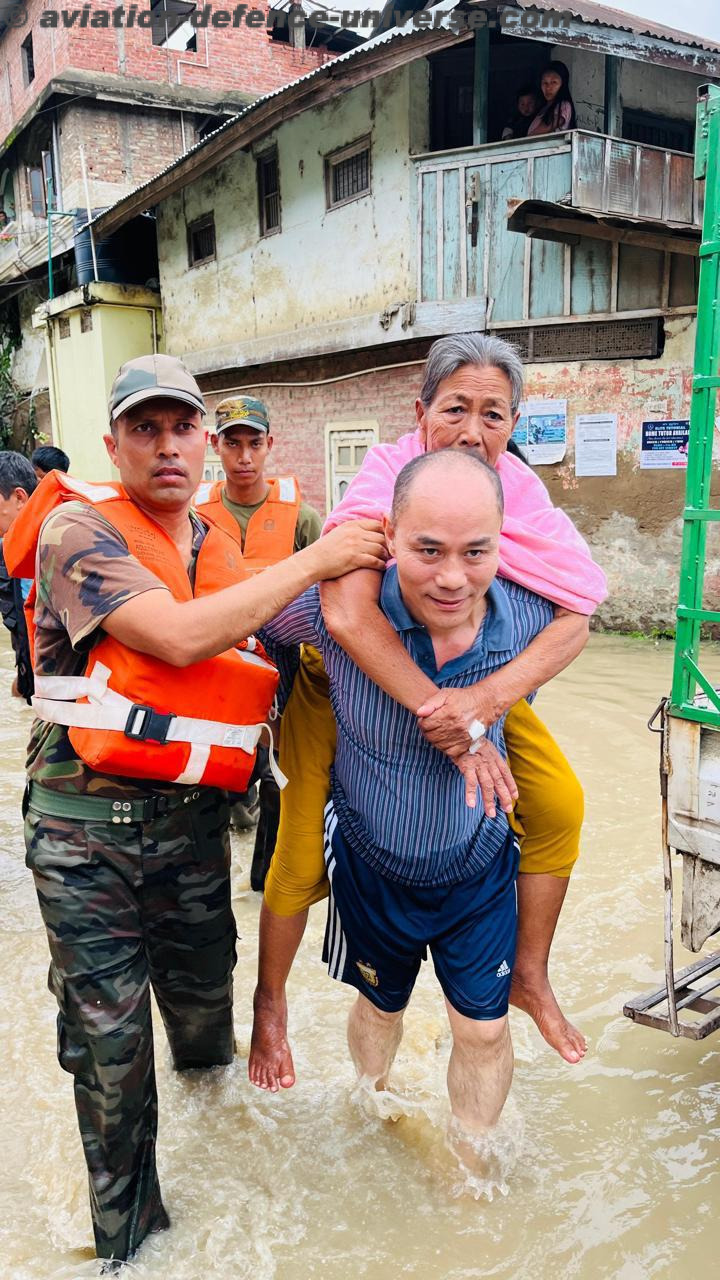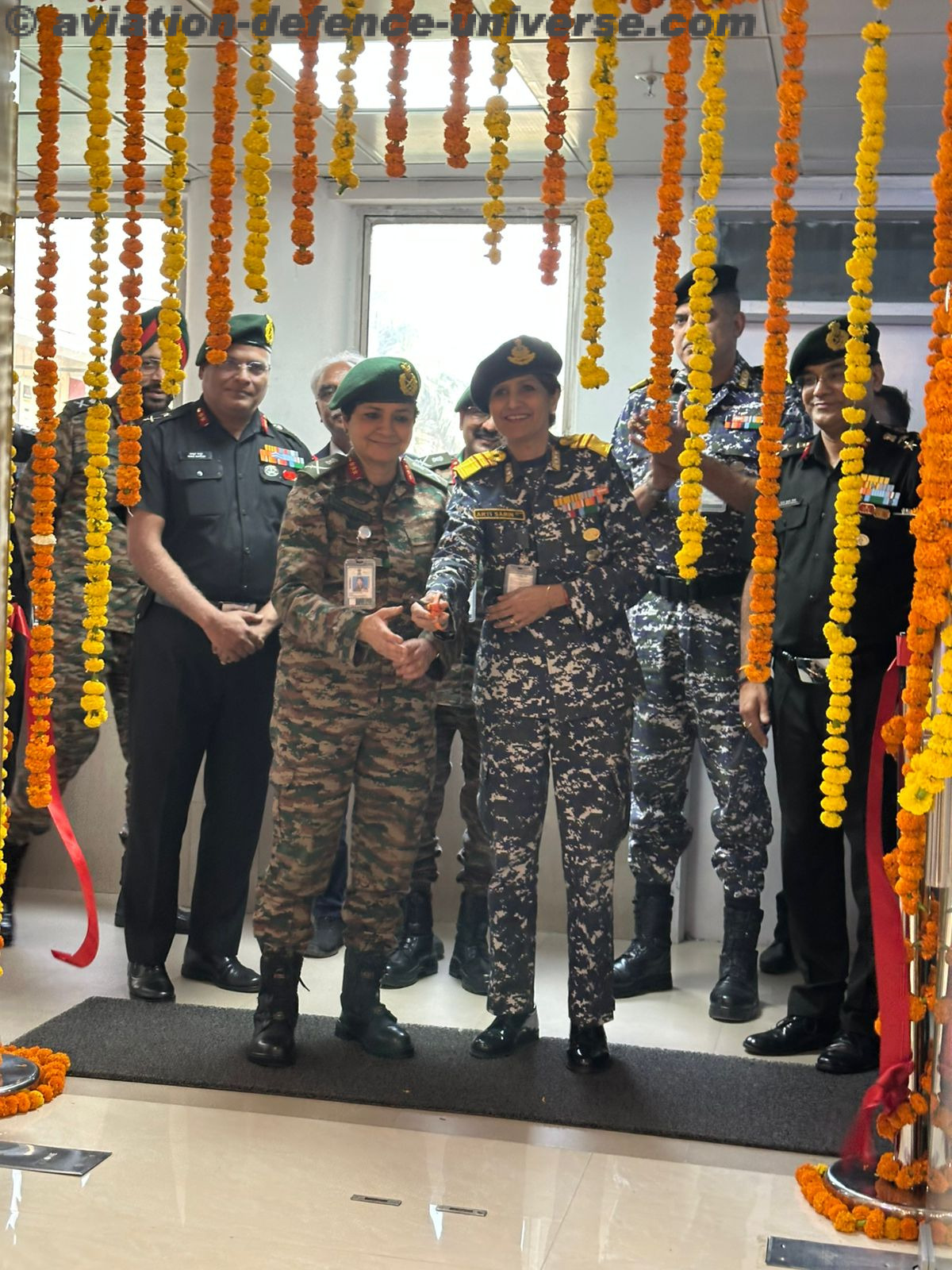
New Delhi, 29 October 2015. The Heads of State and Government and Heads of Delegation representing the continent of Africa, the African Union (AU) and its Institutions, and the Prime Minister of the Republic of India, met in New Delhi, India for the Third IndiaAfrica Forum Summit. Reviewing the strategic partnership and the implementation of the Framework of Enhanced Cooperation adopted at the Second Africa-India Forum Summit held in Addis Ababa in May 2011 and the associated Plan of Action agreed upon thereafter.
Noting the synergies of their shared core priorities of working together towards an inclusive economic growth to eradicate poverty and allocate adequate resources for sustainable development, as defined in Africa’s Agenda 2063 and its First Ten Year Implementation Plan as well as the Sustainable Development Goals under the 2030 Agenda for Sustainable Development, and the priorities of the Government of India.
Building on prior positive cooperation in various areas of common interest, agree to enhance their partnership with more substance, based on the aspirations of the African and Indian people to achieve development, integration and prosperity as indicated in the African Union Agenda 2063 and its First Ten Year Implementation Plan as well as the Sustainable Development Goals under the 2030 Agenda for Sustainable Development, and the priorities of the Government of India.

Africa and India have adopted this Framework for Strategic Cooperation which reaffirms strong commitment to work together for a comprehensive Reform of the United Nations system, including its Security Council, to make it more regionally representative, democratic, accountable and effective. Deepen ongoing cooperation and sharing of experiences in ensuring free, fair and transparent parliamentary and electoral processes, such as training and capacity building in tandem with current international best practices;
It talks about facilitating air and maritime connectivity and more liberal visa procedures and visa concessions to enhance tourism, trade and other people to people contacts. Africa-India trade has multiplied in the last 15 years and doubled in the last five years to reach nearly US$ 72 billion in 2014-2015. There is growing investment by Indian companies, both multinational and SMEs, in Africa in a range of sectors. These include telecommunication, hydrocarbon exploration, agriculture, light manufacturing, IT and IT- enabled services, IT education, water treatment and supply management, petroleum refining and retail, chemicals, drugs & pharmaceuticals, coal, automobiles, floriculture, engineering consultancy and management, paper, textiles, among others. Such investment brings in capital and technology, assists value addition and industrialization, diversification of economic activity and most importantly generates employment and promotes skill development for local populations.
Both sides recognize that India was among the first emerging economies to propose a duty-free market access scheme for LDCs following the Hong Kong Ministerial Declaration of 2005. In 2014 India expanded its Duty Free Trade Preference Scheme (DFTP) for LDCs, launched in 2008 and which became fully operational in 2012, to now include 98% of tariff lines. The benefits of this unilateral scheme extend to 34 African countries to increase their exports to India. India took note of the African request to provide technical assistance to the beneficiary countries of the DFTP Scheme in order to further enhance market access of their exports to India.
India takes note of the request by the African side to further expand its Duty Free Tariff Preference Scheme for Least Developed Countries for greater coverage. Efforts should be made to promote private and public investment from Africa into India.
Both sides recognize that the Indian experience in Small, Medium and Micro enterprises offers significant avenues for further cooperation in industrialization, job creation and enhancement of local capacities of Africa, particularly in the field of managing and organizing industrial clusters, and attaching them to the feeding industries. Africa and India welcome the organization, every year, of the Africa – India Project Partnership Conclave by Export Import Bank of India (EXIM Bank) and the Confederation of Indian Industry (CII); both sides further recognize the importance of the Africa – India Project Partnership Conclaves as a platform for bringing together Indian and African entrepreneurs and decision makers, and therefore call for its continuation.
One of the most significant forms of Africa-India partnership has been the offer of concessional credit under the Indian Development and Economic Assistance Scheme (IDEAS) for implementing a range of projects as per the economic and social priorities of African countries in areas where Indian companies have relevant expertise. In the last decade, a total of almost US$ 9 billion in concessional credit has been approved for nearly 140 projects in more than 40 African countries. So far nearly 60 projects have been completed across a range of sectors. Both sides recognize that technology provides solutions to many of our common challenges and therefore there is an imperative need to enhance effective collaboration in appropriate cost effective technologies as well as in emerging and high technology areas.
The Africa-India partnership is grounded in the core recognition that our peoples are our fundamental resource and that capable and skilled human resources are a foundation for building prosperity for all. Both sides recognize the importance of developing technological capacities of the peoples towards an enhanced beneficiation and value addition to resources.
Africa and India take note of the importance of the capacity building institutions, which India is in the process of establishing in Africa’s diverse sectors, and recognize that such efforts would greatly assist African industries and service sectors, and in the long run contribute to the growth of the continent.
Both sides underscore the importance of capacity building that supports industrialization and the need for establishing relevant institutions in that regard. In this regard Africa and India agreed to support establishment of Small and Medium Enterprises (SMEs) and Medium and Small Industries (MSIs) in order to promote employment creation and income generation for people of both sides, promote Public-Private Partnership (PPP) by encouraging Indian businesses to set up skills development units in African industrial zones with the aim to train African engineers, technicians, managers and workers as well as by encouraging other experts in areas such as food security and solar energy, review the functional mechanisms of the already established institutions with a view to ensuring that the processes for their establishment, provision of material, human and financial resources and management are clearly understood and supported, create a mechanism to enable women groups to access credit for productive activities and markets for their products, enhance cooperation through training and collective negotiations on global trade issues, including at the WTO to protect and promote the legitimate interests of developing countries.
Large sections of populations in both Africa and India sustain their livelihoods from agriculture. Improving the productivity of agriculture including crop farming; animal husbandry and water management through sustainable and judicious use of inputs is vital to ensure food and nutritional security and represents a significant challenge and opportunity. There has been extensive cooperation between the two sides including through sharing of experience, training, capacity building through setting up of institutions, and concessional credit in farming techniques, irrigation, soil quality assessment improvement as well as provision of farm equipment, among others;
Since the Second Africa-India Forum Summit (2011), over 24,000 scholarships across 300 training courses conducted at 60 training institutions have been utilized by African nationals in areas such as IT, renewable energy, agriculture, marine & aeronautical engineering, marine hydrography, SME entrepreneurship, rural development, parliamentary affairs, logistics and management, climate change adaptation, disaster management, cyber security, forensic sciences, and defence and security, among others.
Both sides recognise the fundamental importance of educational cooperation and skills transfer in enhancing opportunities available to their youth in contributing to economic, scientific, technical, and social development and the need to build further through expansion of training slots in existing and newer areas in line with the opportunities and challenges arising in the African continent in key areas outlined in Agenda 2063.
Both sides understand that the development of Science, Technology, Research and Innovation is a crucial element and an integral part of the process of development. Both sides emphasize the importance of the early introduction of ICT in educational institutions as a key enabler for capacity building, education, health, industry, poverty eradication and delivery of public services; 40. Acknowledge the importance of successful implementation of the Pan-African ENetwork Project aimed at providing an efficient tool to bridge the digital divide and also offer affordable and easy access to quality education and healthcare to the peoples of Africa. In this regard Africa and India agree to: • Continue cooperation in the areas of scientific and technological development as well as in Information and Communication Technology; • Explore possible joint investments to establish a robust, reliable and accessible fibre optic infrastructure in Africa, with a view to setting an enabled African information society, and integrated digital economy whereby all actors have access to reliable and affordable ICT networks and services; • Promote greater interaction, exchange and partnership between the tertiary institutions of Africa and India; • Renew, expand and upgrade the existing Pan African E-Network Project infrastructure so as to permit an innovative utilization of the E-Network Project with the view to cover newer areas of mutual interest; • Intensify cooperation through sharing of experiences, gender-specific training courses and capacity building measures including through skill development; • Provide and facilitate the access and enrolment of African students and academicians to India’s premiere institutions of higher learning in an effort to boost Africa’s capacity in areas such as engineering, medical, technology, agriculture as well as emerging areas; • Fast-track the implementation of those capacity building institutions that have been found to be feasible for continuation under IAFS-III.
Africa and India recognize the importance of peace, security and stability as a precondition for development. Africa appreciates commitment of India towards supporting various African Union Missions such as those in Mali and in Somalia.
In this regard, Africa and India decide to: • Support AU Peace and Security initiative within the African Peace and Security Architecture; • Support programmes on conflict prevention, management and resolution; • Pursue cooperation on Maritime security issues through training, capacity building, sharing of information, surveillance and other measures in securing Sea Lines of Communication, preventing transnational crimes of piracy, combating terrorism, illegal and unregulated fishing, trafficking of drugs, arms and humans through surveillance, and hydrography surveys; • Enhance cooperation and coordination between Africa and India to combat terrorism in all its forms and manifestations, including countering violent extremism and, in this regard, make concerted efforts for the early adoption of the Comprehensive Convention on International Terrorism; • Share best practices and experiences in cyber security especially in combating cyber crime and use of internet for terrorist purposes. REGIONAL AND OTHER FORMS OF COOPERATION . Appreciate the ongoing fruitful cooperation between the AU/RECs and India. Take note with appreciation of the third meeting between India and the eight Regional Economic Communities (RECs) of Africa held in New Delhi in August 2014.
The RECs have worked towards harmonization of standards and rules as well as towards creation of common markets and this has an important bearing on the development of India’s trade and investment with African countries. In this regard: • India, the African Union and RECs will enhance the ongoing cooperation in the areas of capacity building, human resource development, food and agriculture processing and soft loans for regional projects among others. MONITORING MECHANISM .Agree to establish a regular formal monitoring mechanism to review the implementation of the agreed areas of cooperation and identified projects by the competent bodies of the partnership. Modalities of the monitoring mechanism and the detailed Plan of Action will be jointly developed within three months.














